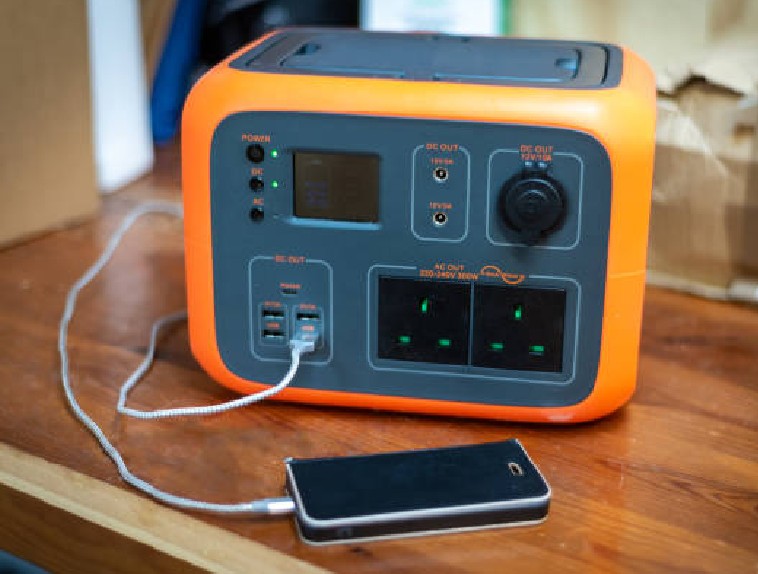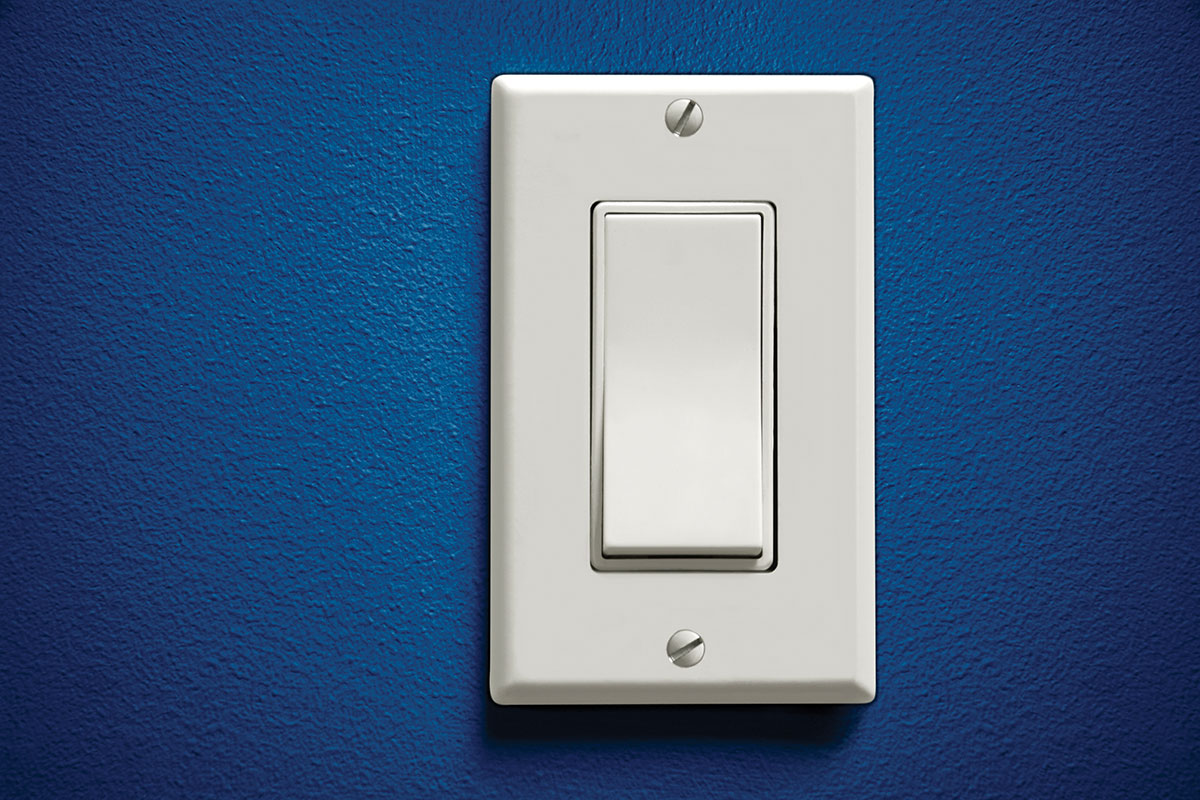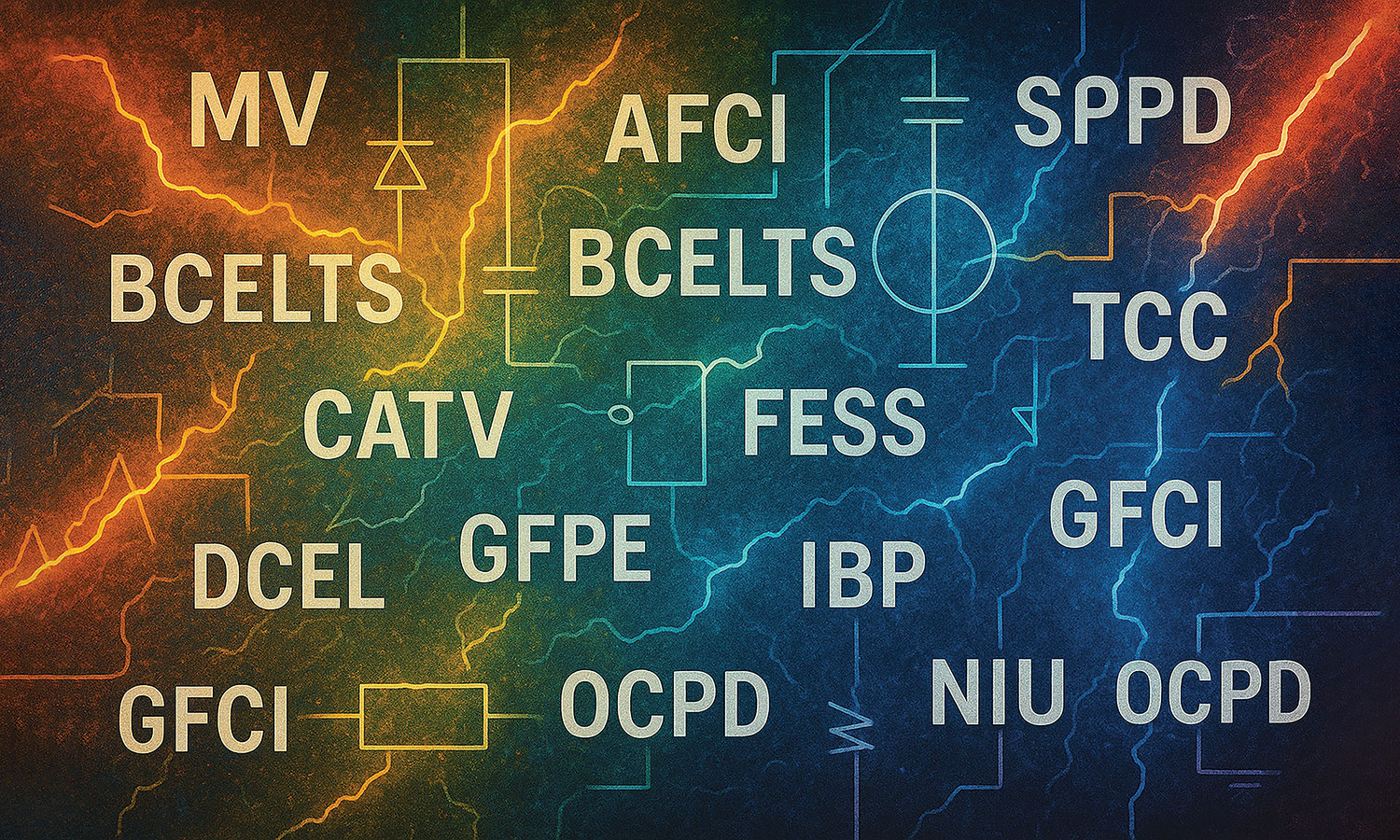I consider myself fortunate to have the opportunity to travel throughout the United States, Canada, and to other international designations both on business and for personal travel. What is fun and exciting is getting to meet people from diverse backgrounds and also to observe and learn new traditions and cultures.
During my travels, mainly while I am on vacation, I revert to my habits from when I was an electrical inspector. I have visited a number of developing countries, and I’m sure many involved in designing, installing or inspecting can relate to what I’m about to say. As I walk the streets or enter a store or market, my eyes focus, not on the goods they may be trying to sell, but on the electrical wiring system; and when I see an electrical hazard, out comes the camera. Previously, my wife would ask me, “What are you doing?” Now, after 20 years of watching me photograph unsafe electrical installations, she just shakes her head and moves away; in case someone else yells, “ Who are you?” or screams at me in a foreign language which I’m assuming means “Stop and leave” or possibly worse.
I was amazed to see the difference between countries when it came to their electrical infrastructure. I witnessed homes with 110-volt services with conductors exiting the meter socket without proper protection and entering the building through a hole in the wall, utility wires that could be touched from standing on the ground, and exposed wiring, just to mention a few.
We are fortunate to be living in a country that has a strong electrical safety system in place. This system did not take place overnight, but has taken many years to develop with the help of many groups such as the standards writing bodies, certification agencies, manufacturers, installers, inspectors, government agencies, safety organizations, and the list continues. All of us working together to build a safety system with the goal of protecting individuals and property.
Sometimes we feel we are over-regulated and that the government has too much to say as to what we can or cannot do. However, after visiting a number of countries and seeing electrical hazards that made me feel I was back in the era when electricity was in its infancy, I came to the conclusion that I would much rather be over-regulated than under-regulated.
So I asked myself why are there such discrepancies in developing countries when it comes to safety standards. How many are injured, or worse killed, due to electrocution or by fire? What is the cause or what prevents a government or its people from implementing a safety system of standards and regulations?
I do not think there is a principal contributing factor but there are many, which may include the economic condition or weak economics of the country, lack of public or private investment in infrastructure, few or no regulations in place, or a weak litigation system.
So how does a country go about making changes without added financial hardship to those that are not able to afford it? This is a difficult question to which I must profess I do not have the answers.
Perhaps the answer is education, or perhaps their government needs to take a leading role. Shouldn’t protecting people from fire and shock hazards be a basic fundamental right?
We are very blessed to have a strong electrical safety system and organizations such as IAEI that continue to play a role in making it even safer. Many countries are not as fortunate.
If you have any ideas as to how IAEI can play a role in helping those developing countries, I welcome your thoughts. Send me an email to dclements@iaei.org











Find Us on Socials